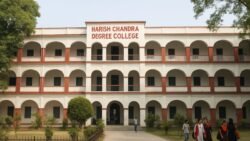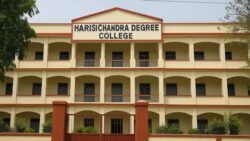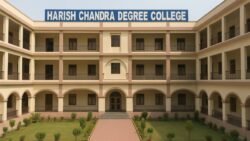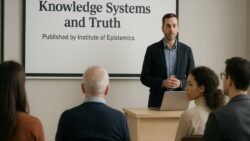A Global Community – Across continents and disciplines, our community brings together philosophers, cognitive scientists, AI researchers, educators, and lifelong learners who share a commitment to truth-seeking and rigorous reasoning. We foster dialogue that blends classical insights from Aristotelian logic with contemporary frameworks in epistemology, Bayesian reasoning, and cognitive science. Members collaborate on open seminars, peer reading groups, and cross-border projects, embracing UNESCO’s Open Science principles and the FAIR data guidelines to ensure our scholarship is findable, accessible, interoperable, and reusable. Through workshops on informal logic, tutorials in reproducible research with R and Jupyter, and method sessions on preprint culture and systematic reviews, we help learners connect ideas to evidence. Whether you are exploring first principles or designing experiments, you will find mentors, collaborators, and a clear path to contribute meaningful work to the global conversation.

Truth and Reason: Shared Standards for Serious Inquiry
Truth-seeking begins with methods, not slogans. Our discourse is anchored in public reasons, transparent evidence, and testable claims, guided by the ethics of peer review and the norms of transparent, open practices. We emphasize the craft of argument using classical logic, probabilistic inference, and abductive explanation, while training members to detect cognitive pitfalls documented in the bias literature and heuristics research. Reading groups pair canonical texts with current findings in replication studies and metascience, helping scholars connect philosophy to practice. By adopting PRISMA for literature syntheses and EQUATOR reporting standards for empirical work, we cultivate reliable habits of reasoning that scale from seminar rooms to policy forums and technical labs.
Cognitive Systems: Minds, Machines, and Models
We explore how minds and machines represent, learn, and reason—bridging cognitive science, computational theories of mind, and modern machine learning. Method tracks introduce members to classical ML, deep learning frameworks, and causal inference, alongside philosophy modules on consciousness, intentionality, and mental representation. We compare rational choice with bounded rationality models, and evaluate explanation quality using interpretability research. Labs practice preregistration on the Open Science Framework, share datasets via Zenodo, and register outputs with Crossref DOIs, ensuring that student projects evolve into citable contributions.
Learning Pathways: From First Principles to Publication
Members enter through flexible pathways. Foundation cohorts study argument mapping, fallacy detection, and evidence appraisal with exercises drawn from research literacy. Intermediate tracks cover experimental design with NIST’s engineering statistics, data hygiene aligned to FAIR principles, and PRISMA for reviews. Advanced cohorts submit preprints to arXiv or PsyArXiv, adopt Jupyter notebooks for reproducibility, and present at colloquia modeled on open data policies. Mentors provide feedback using argument structure rubrics and reporting guidelines, turning drafts into publishable, durable knowledge artifacts.
 Apply Now: Harish Chandra Degree College 2025 Admissions, Course List, Age Limit, and Fees
Apply Now: Harish Chandra Degree College 2025 Admissions, Course List, Age Limit, and Fees
Join the Network: Collaborate, Contribute, and Co-Create
By joining our network, you gain access to global peers, method clinics, and collaborative sprints that culminate in open, citable outputs. We encourage contributions to open access resources, preregistration on the OSF, and dataset sharing via Zenodo with DOI assignment. Regular symposia feature debates on scientific explanation, tutorials in R for robust statistics, and clinics on AI ethics and research integrity. Whether your passion is foundational theories of knowledge or building interpretable models, you will find structured guidance and a welcoming, rigorous culture that prizes clarity, curiosity, and constructive critique—so your best ideas can meet the world in their strongest form.






